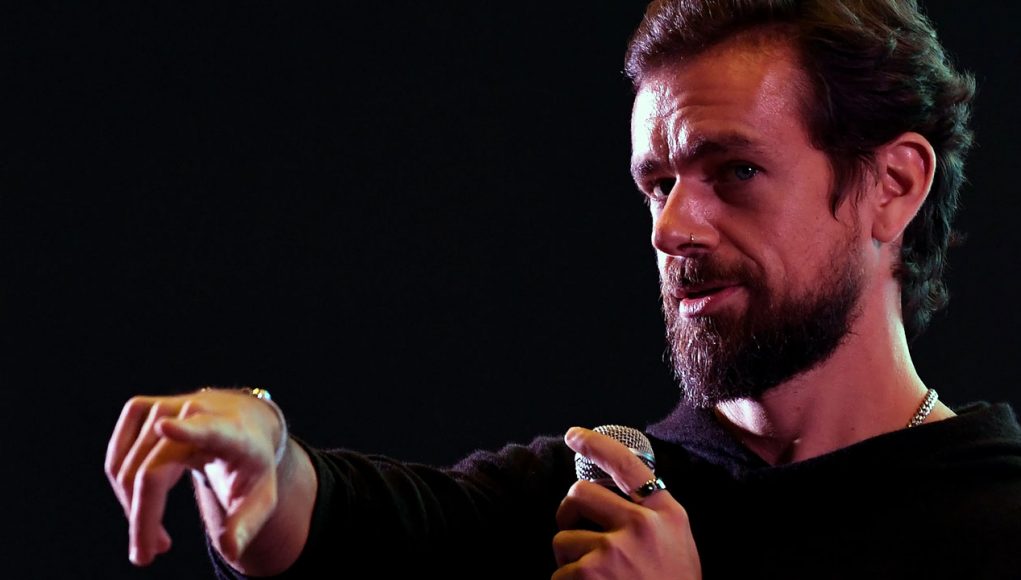
Twitter co-founder Jack Dorsey has appointed three Nigerians to the board of the Bitcoin (BTrust) trust fund.
Dorsey, who resigned as Twitter CEO in late November, formed the Bitcoin trust fund in partnership with American hip-hop star Jay Z.
“I’m so grateful for you all and so inspired,” Dorsey tweeted on Wednesday while announcing the leaders of the Bitcoin trust fund.
The Nigerians appointed into the Bitcoin trust fund are Abubakar Nur Khalil, Obi Nwosu, Ojoma Ochai, and South African, Carla Kirk-Cohen. All four have worked to promote bitcoin development efforts across Africa. Dorsey said a team selected the four developers from a pool of 7,000 applicants.
“They’ll now work towards defining the operating principles as they think about how to best distribute the 500 bitcoin towards development efforts,” Dorsey tweeted.
Dorsey and Jay Z had previously announced their intention to give 500 BTC to set up ₿trust, an endowment to fund bitcoin development with a starting focus on teams based in Africa and India.
The former Twitter CEO has been a long-time supporter of Bitcoin and added the cryptocurrency to the payment platforms of his payments firm, Block. He had consistently hinted about spearheading a global push for cryptocurrency acceptance amid stiff opposition by countries, including Nigeria where three of his BTrust leaders are from.
Dorsey in June 2021 said “the people of Nigeria will lead bitcoin” despite the Nigerian authorities clamping down on the trading of cryptocurrencies with a ban in place by the Central Bank of Nigeria (CBN).
The Nigerian government’s stance against cryptocurrency trading extends to fintech companies and traditional banks serving as a gateway for trading and exchange of funds.
CBN in February 2021 ordered banks to identify and close down all accounts involved in the transfer or exchange of cryptocurrencies and reminded “regulated financial institutions that dealing with cryptocurrencies or facilitating payments for cryptocurrency exchanges is prohibited.”
Despite the ban, many young Nigerians are circumventing the ban to continue buying and selling cryptocurrencies as the country’s currency, the naira, continues to slide against the dollar.
Nigeria ranks as the third country with the highest volume of cryptocurrency trading – over 400 million – only behind the United States and Russia, according to Statista, a global market data tracker.


















































